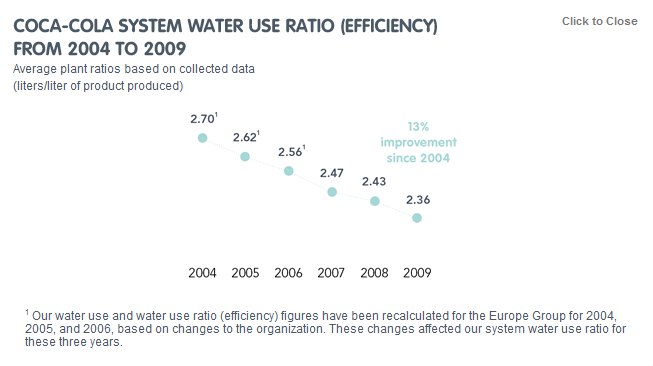Reposted with permission from my school’s monthly magazine, the Imprint.
Stratford Hall is not a school that uses carrots and sticks to get students to perform. Instead, we generally rely on building on students’ intrinsic motivation to learn. Daniel Pink, a researcher in the area of what motivates us all, says (in his book Drive) that when people are working on work “which requires even rudimentary cognitive ability,” they are actually demotivated by reward systems. Instead, Pink suggests, people are motivated strongly by the ability to demonstrate autonomy, mastery, and purpose. You can watch a summary video of his ideas here:
Autonomy
For me, autonomy means that students need to have some choice in what they do. I’ve noticed that my students tend to put more effort into assignments for which they have some opportunity for choice, and the ability to demonstrate their creativity.
For example, we did an assignment at the beginning of Science 8 last year where students had to “use a creative method to help remember the parts and functions of a cell.” Some students wrote haikus, some students did raps, and some students created videos. As the assignment was formative in nature, I never graded the submissions, except to give students descriptive feedback about their work. We shared the work in class. That unit we did a summative assessment on the parts of a cell, and most students achieved a 6 or 7 (note: 7 is the maximum score for an assessment in the International Baccalaureate). What was even more interesting to me was that, about seven months later, one of the students discovered the video of her rap. On her own time, and completely without any push from me, she decided to redo her rap video. She spent another several hours working on her video and then re-shared the new video with the class. Before this exercise, I couldn’t have imagined a student taking a prescriptive assignment and ever giving it another thought.
Mastery
Mastery means that we want to get better at doing things. It’s fun to become an expert at something, which is why so many of our students practice playing music on their own time. They have complete control over their learning, and they can see themselves improving. I think we do this really well. We have lots of opportunities at Stratford Hall for students to find things that interest them and to follow those interests. We have the PYP exhibition in 5th grade, the MYP personal project in the 10th grade, and the extended essay in the IB Diploma, for example. We also have a rich variety of elective subjects, especially considering the size of our school. These elective subjects are crucial for allowing students to follow their passions and develop mastery.
Purpose
Purpose is a key element of motivation as well. In schools, for me, this means that the learning students do has relevance, and that there is an obvious result and effect students can see from what they do. For example, Harry Armstrong in grade 11 is working to help run the MUN club. He gets nothing for this (except possibly a small bonus to his likelihood of being accepted to college because of his extra-curricular activities) and it takes a huge amount of time. We were exchanging emails over the weekend about what we were going to do on Tuesday, and it was clear by the discussions that happened during the day that a lot more emails had been exchanged amongst the students that I hadn’t been included on. Harry does this work for the MUN because he sees that he has an important role to play, and that the activity has purpose. He wants the younger students to get better at debating and to understand how the MUN functions.
More generally, we see purpose in our global outreach. Many of our students work extra hard to help make that program function, and, although I know the excitement of going to a far-away place is the draw for some of them, when they come back from their trips it is interesting to see how many of them continue to work hard for the program. The learning doesn’t stop at the end of the trip; it continues, hopefully, for the rest of their lives.
So if we want students to become more self-directed in their learning, and more motivated to work hard to succeed, we need to find ways to give them autonomy, mastery, and purpose.

(Created by a Stratford Hall student in 6th grade)
One way that we do this is through the use of technology. Students are able to practice using technology skills over a number of years, and will master various forms of technology. They are given the opportunity for autonomy through the enormous amount of choice and opportunity to be creative through different technologies. Further, they can see purpose in what they do, given that learning the uses of technology is helping to prepare them for a future outside of our school.
For example, during Arts Week, we had a session on using Google Sketchup to create artwork for video games. Once they had some of the basic skills in place, they were given the instructions, “play with this and see what you can get.” Afterwards, they attended a workshop wherein the CEO of a small special effects company provided some background on what goes into creating special effects for movies, and students could see from the style of artwork he presented that a tool like Google Sketchup could be useful in sketching out ideas for use in movies.

(Created by a Stratford Hall student, 12th grade)

(Created by a Stratford Hall student, 12th grade)
There are also some interesting examples of using technology in Photography class, for example, where Mr. Wheeler’s students have no limits to their imagination.

(Created by a Stratford Hall student, 9th grade)
I’d also recommend checking out this excellent video by some of our grade 9 Global Challenges students. http://wees.it/watercrisis

